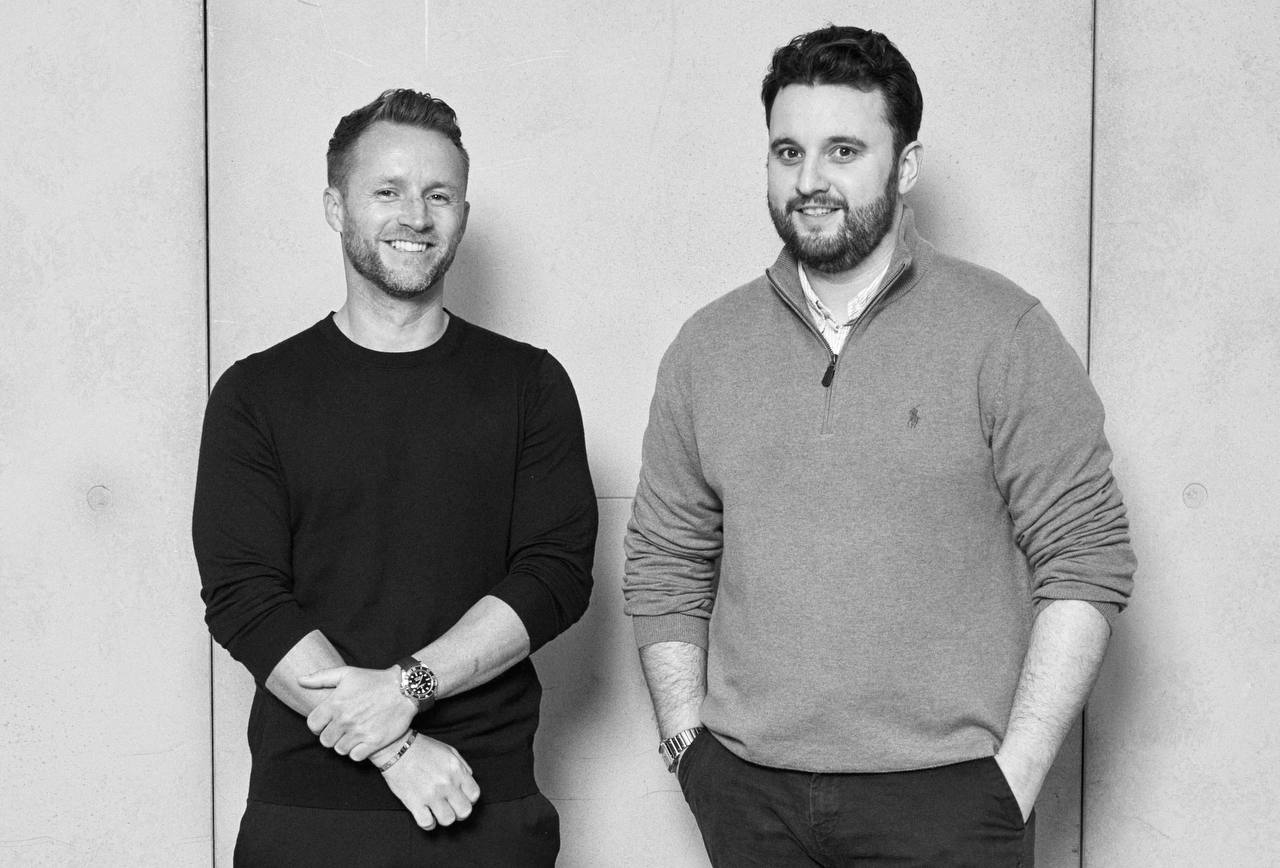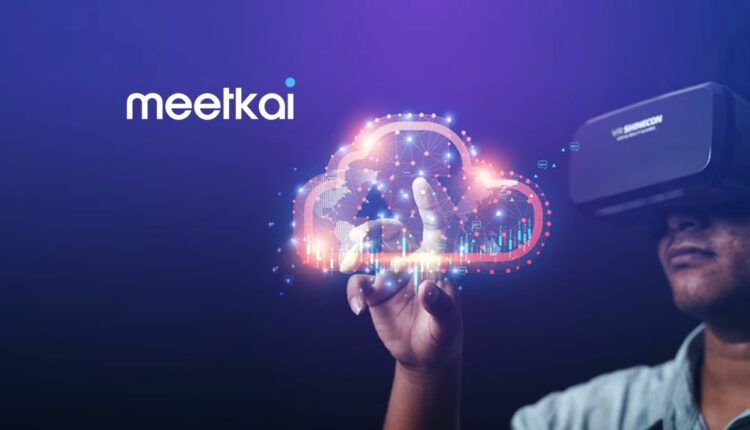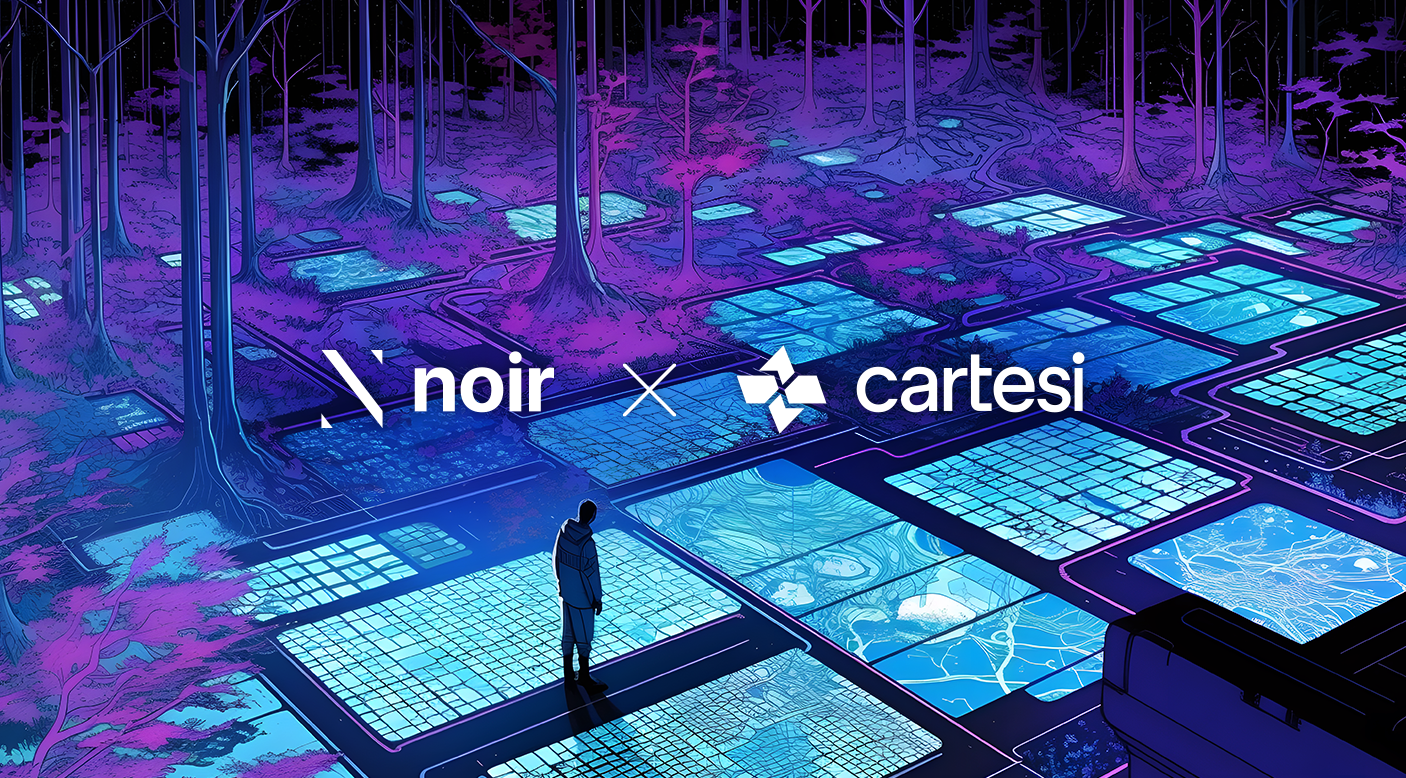Jensen Huang, CEO of NVIDIA has recently given his two cents on the blooming field of Artificial Intelligence (AI). He believes AI is likely to create incredibly powerful tools and services that will require engineering standards, regulation and social norms.
Like the metaverse, AI will need standardised protocols–maybe through regulatory bodies–to ensure its harms are minimized.
Huang is one of the most influential figures in both AI, and NIVIDA itself is a key leader in metaverse infrastructure–thanks to the immense power of their hardware and software like the Omniverse platform. NVIDIA's chips are widely used to power the supercomputer's used for AI–including OpenAI.
And while Huang sees the potential for good with AI, he also sees the possible damage it could cause: "Remember, if you take a step back and think about all of the things in life that are either convenient, enabling or wonderful for society, it also has probably some potential harm", he said, according to Reuters.
One way to minimize these harms, he thinks, is for engineering standards to be put in place that would both prevent the misuse of AI and ensure safety standards for relevant tools and services. This would be the responsibility of an engineering body, similar to how best practices in medicine are governed by a board.
Another way to ensure AI safety, Huang argues, is for legal and social norms to be developed–with some lawmakers already ahead of him. Congressman and House Democrat Ted Lieu has himself already pushed for the creation of a federal agency to oversee artificial intelligence.
As Lieu stressed in an opinion piece in the New York Times on Monday, facial recognition systems could be applied through law enforcement agencies, resulting in the misidentification of innocents.
Considering AI's current biases against minorities, facial recognition brings a very real threat when paired with legal enforcement and surveillance that would only be bolstered by worries of systemic injustice.
In any case–it's not all doom and gloom: "The fact that we're all talking about [AI] puts us in a much better place to eventually end up at a good place", said Huang. Let's hope this is just as true with the metaverse.









